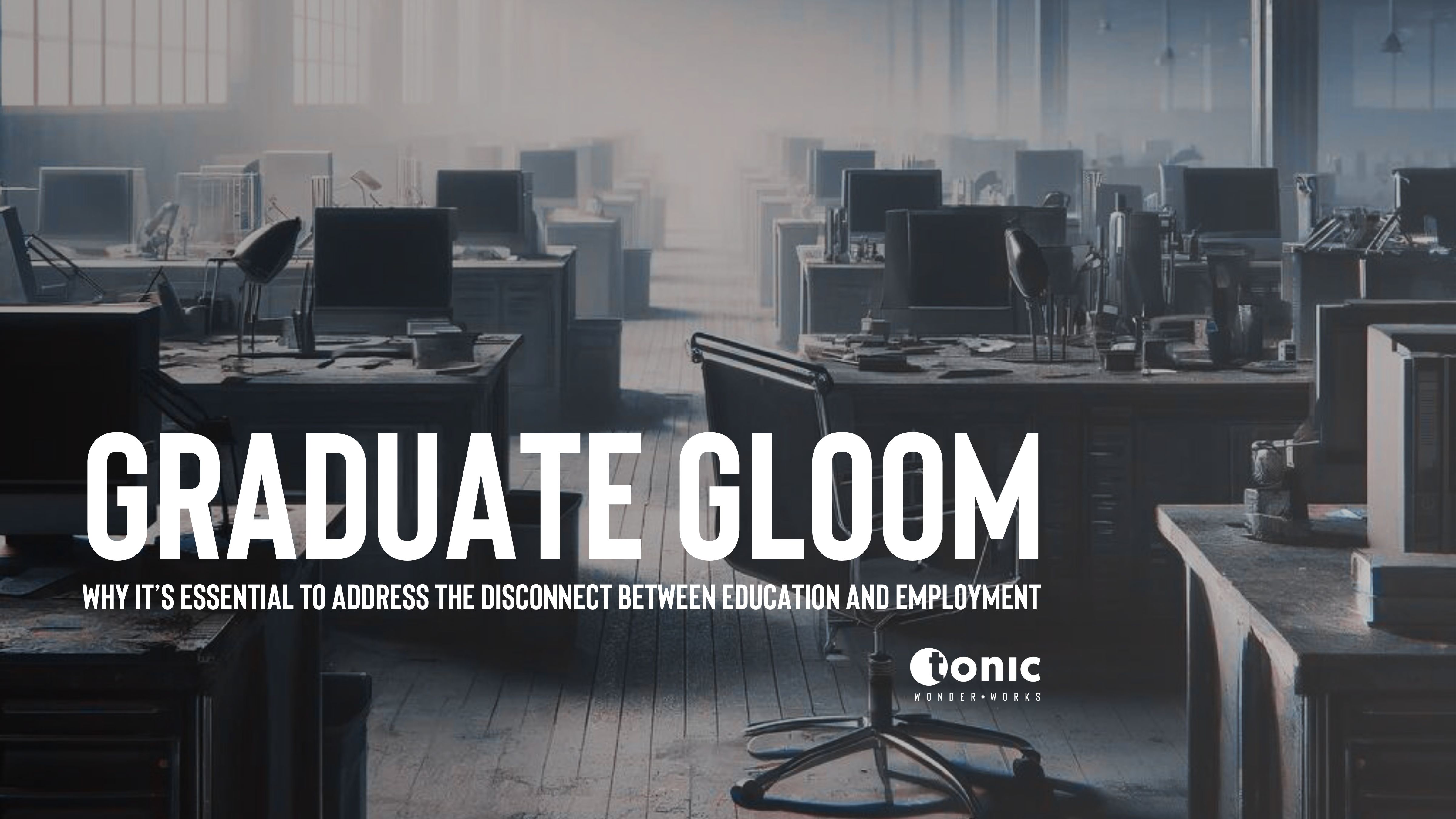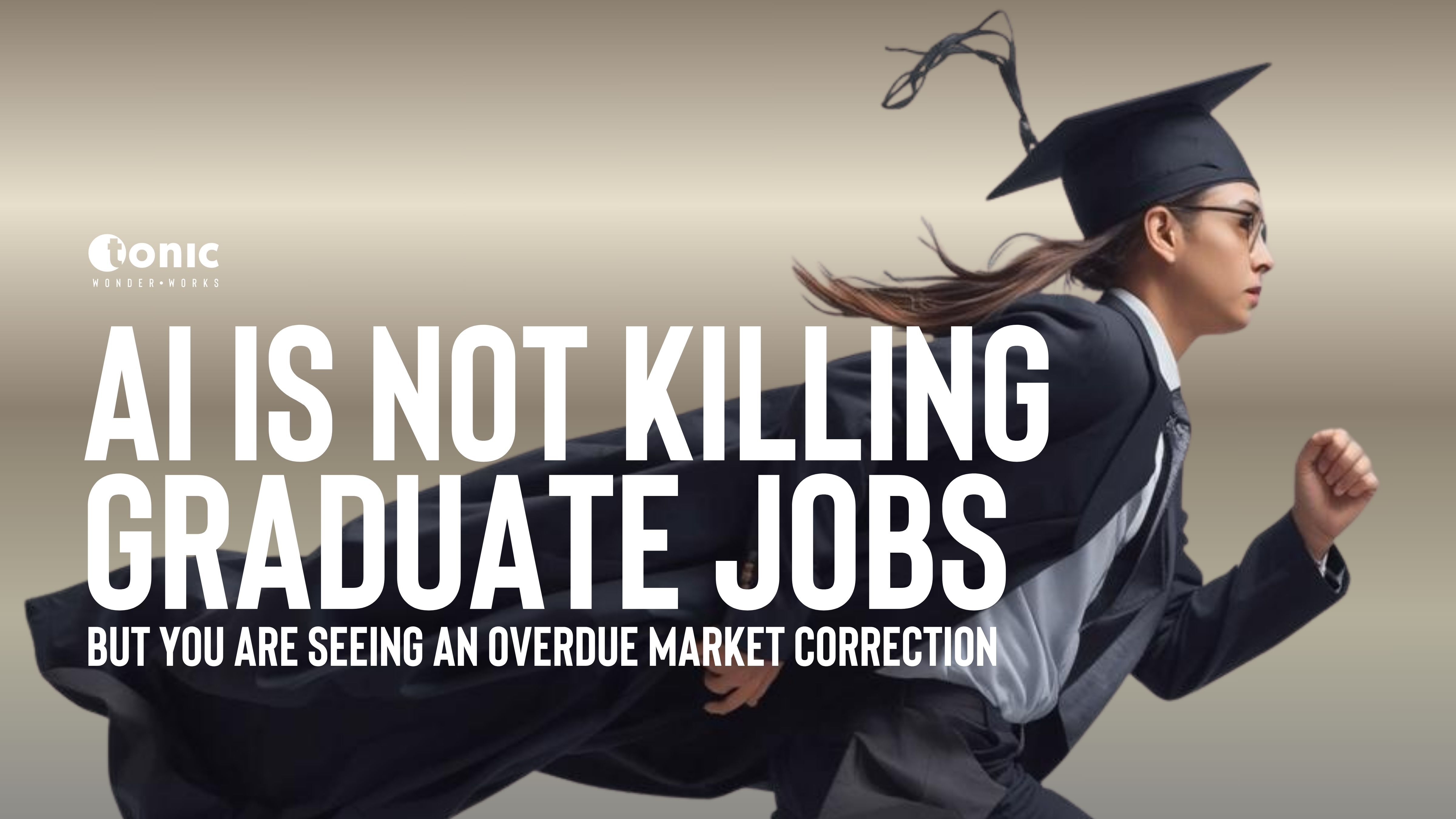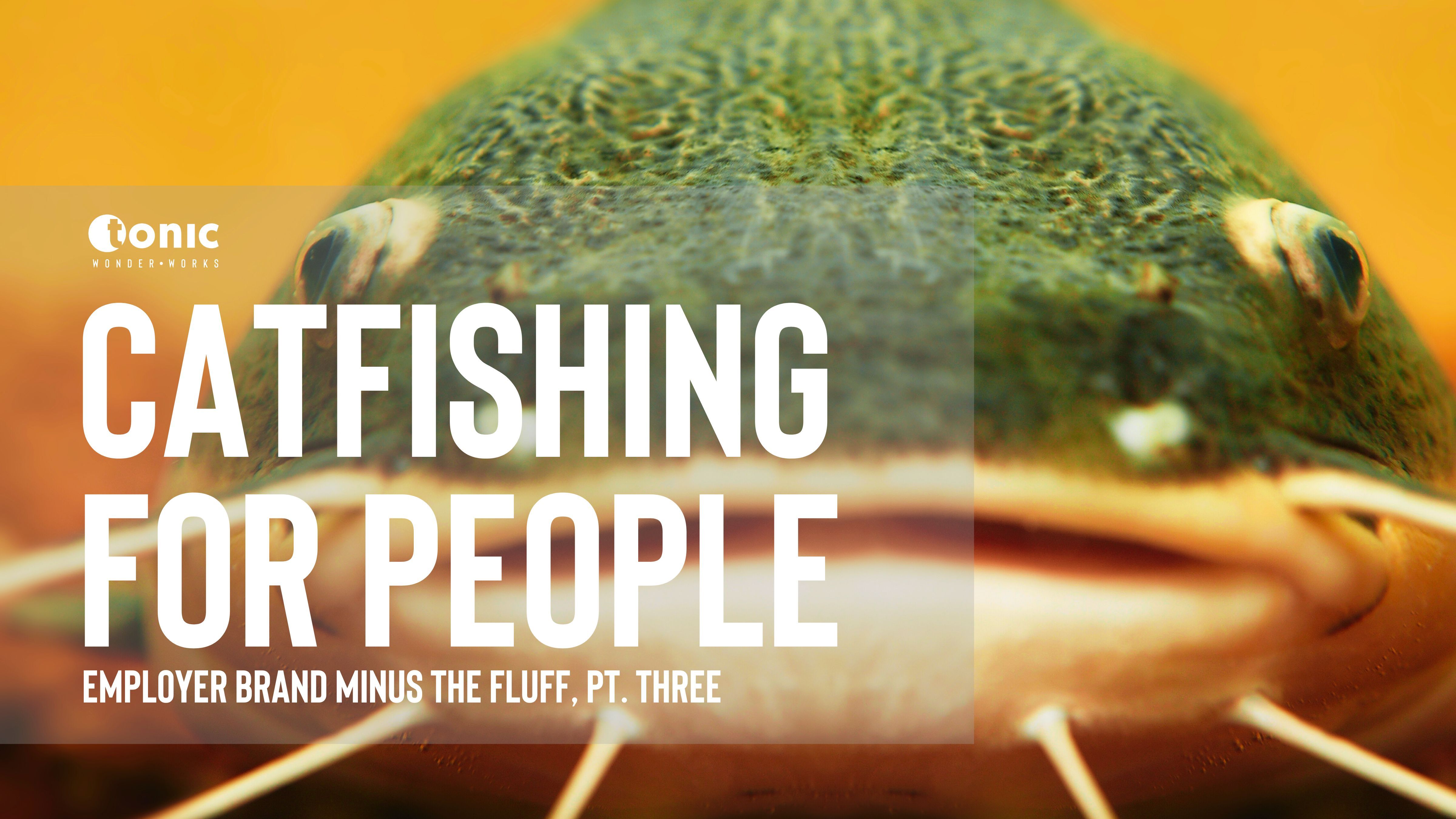As parents, we naturally aspire for our children's success and happiness, imagining a world of opportunities awaiting them when education finishes. However, recent data paints a concerning picture of the graduate labour market, raising important questions about the value of the traditional graduate career path - with significant implications for employer brand, reputation and long-term business strategy.
Over Easter, these three articles grabbed my attention:
- What’s the state of the graduate labour market right now? Prospects/ISE March 27th 2024, https://insights.ise.org.uk/home_featured/blog-whats-the-state-of-the-graduate-labour-market-right-now/
- ‘I had to beg to go into the office’: is the grad scheme dead? The Times, April 7th 2024: https://apple.news/AQhFqfpgiSVOG7a76djkppA
- U.K. graduates face the 'worst market in years' as job vacancies fall by 30.2% Fortune, April 8th 2024: https://apple.news/AUd8et6eeQUudbCxvweettQ
They each paint a very different vision of post-university employment, very different to that which existed just a few short years ago. The scenario they outline has a knock-on impact on employment, education and employer brand. It also has a profound impact on the career prospects for students, including my daughter, leaving university having invested their time and their(?) money in their futures. Here’s a summary and a few thoughts about what’s happening now, and what could happen next.
The Diminishing Appeal of Graduate Schemes
The allure of graduate schemes has traditionally been strong, offering structured pathways, mentorship, and a promise of secure employment. Yet, the reality has shifted dramatically. Reports of overwork, under-training, and an overall decline in the fulfilment and viability of these roles question the very essence of their value. Not exactly what most graduate employers outline in their marketing, right? For students, this begs the question: why bother? If the end goal of securing a graduate position is marred by bleak prospects, reduced pay, and deteriorating job satisfaction, the incentive to pursue these opportunities dwindles - and so does the attractiveness of a university education.
The Graduate Labour Market's Current State
The landscape is indeed worrying. The article from Prospects via the ISE highlights a graduate labour market that remains resilient yet decoupled from broader economic trends. Despite this resilience, the sectors traditionally buoyant for graduates, like tech and business services, are now overshadowed by a grim reality where roles are scarce, and those available offer little in the way of advancement or fulfilment. This is echoed by the personal accounts of graduates in the Times article, detailing the disillusionment and challenges faced within prestigious graduate schemes. It’s harder to get a grad job. And then horrible if you do win a place.
Employer Branding at a Crossroads
This brings us to a critical junction concerning employer branding. The narratives emerging from these experiences are damaging to the reputations of firms that once prided themselves on being coveted employers. Beyond the immediate impact on recruitment, this erosion of brand perception has far-reaching implications. In an era where employer branding is paramount, failing to deliver on promises of development, support, and meaningful work is not just a recruitment issue; it's a business strategy flaw.
A Call for Long-Term Thinking
This current state of affairs necessitates a return to long-term thinking. This isn’t my first economic downturn, and it’s certainly not the first time that I’ve seen employers withdrawing support for early careers as a way to save money.
Of course there are times when businesses must preserve cash. But the employers that offer the best known (not necessarily the best), graduate schemes tend to be vast multi-nationals. They have the reserves and the resilience, to make the small investment in their people mean little more than a rounding error. In reality, short-term gains from cost-cutting and reducing investment in graduate talent are outweighed by the long-term damage to employer brand and the potential loss of future leaders. Investing in the next generation is essential for innovation, sustainability, and economic growth. This means not only offering genuine opportunities for development and growth but also re-evaluating the nature of work, compensation, and the overall value proposition offered to graduates. Maybe this opens the door for more agile, fresher thinking about the world of work, and the best employers to choose?
For companies, the path forward involves a commitment to transparency, genuine mentorship, and a reimagining of what it means to be a desirable employer for the emerging workforce. For families, it's about guiding our children through these turbulent waters, encouraging them to seek opportunities that align with their values and aspirations, even if it means looking beyond traditional paths.
It's clear that both employers and graduates need to adapt. The future of work depends on our ability to deliver a labour market that values growth, development, and fulfilment equally. For my daughter, and for all students stepping into the world of work, let's hope this change is on the horizon.





